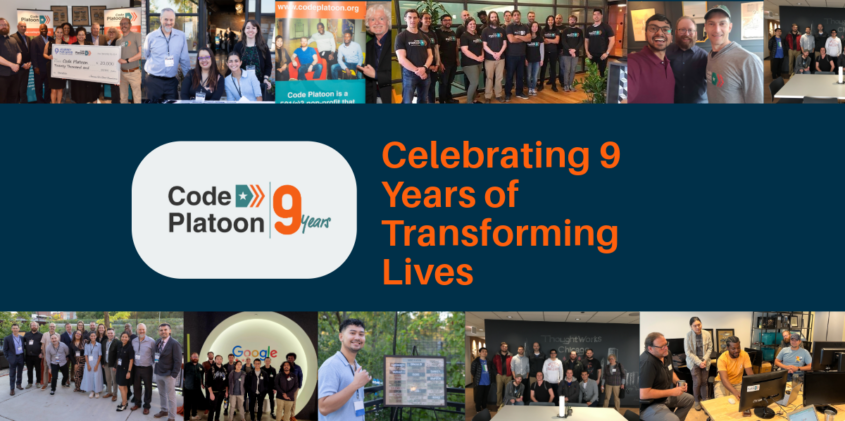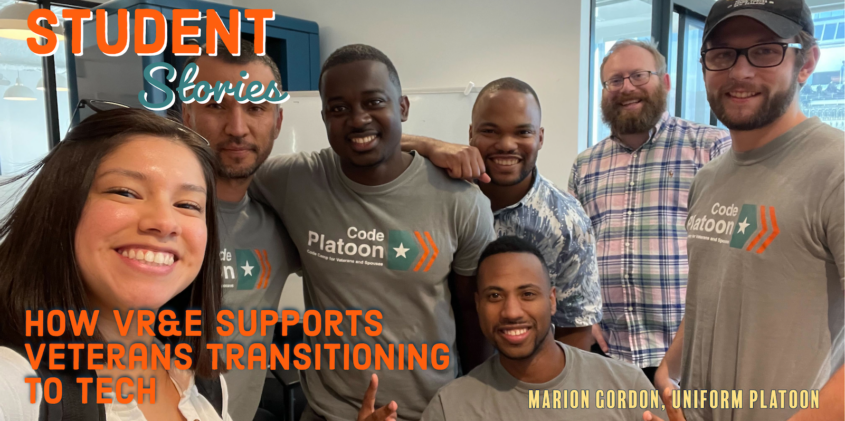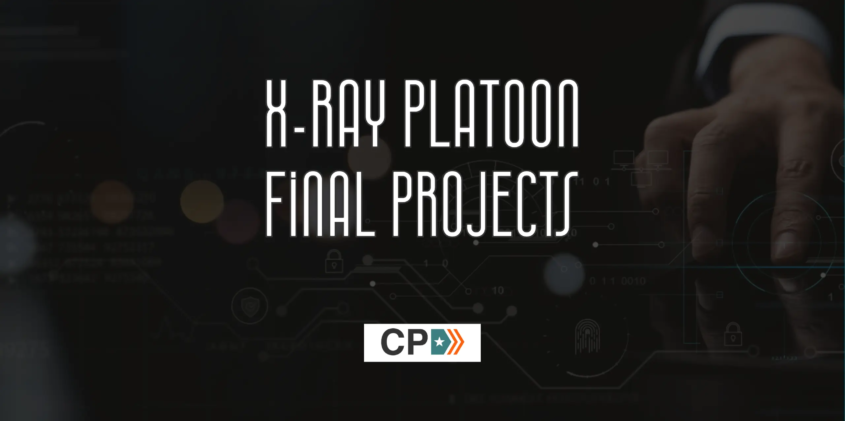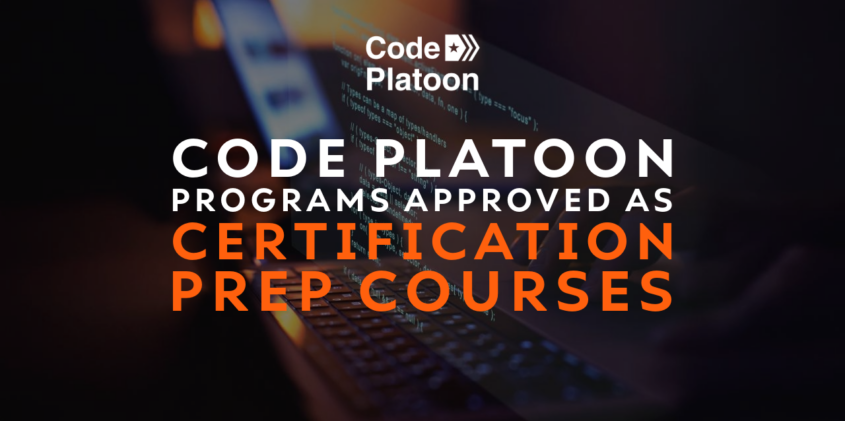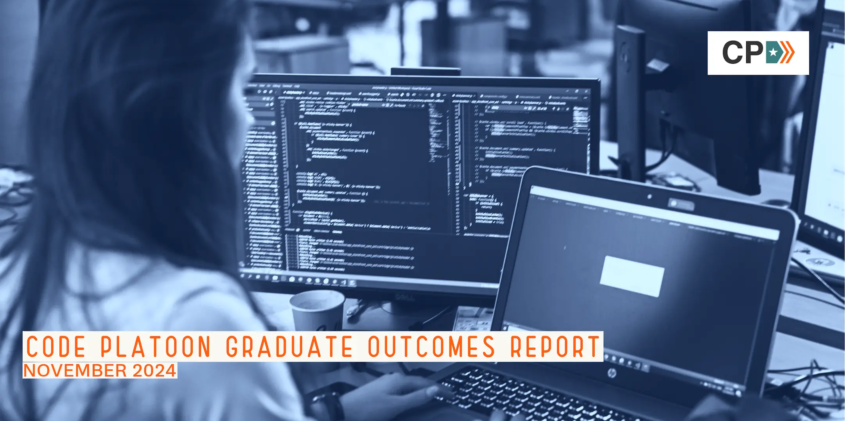Why We’re Moving to a “Pay What You Can” Scholarship Model
At Code Platoon, our mission has always been clear: help Veterans, Servicemembers, and military family members launch new careers in tech with as little out-of-pocket cost as possible.
As a nonprofit, everything we do is driven by our mission, including how we handle tuition. That’s why we’re excited to share a big update: we’ve simplified our scholarship program into one clear message—“Pay What You Can.”
Why the Change?
In the past, we offered multiple scholarships with different criteria and funding levels. While those programs helped many students, we realized they could also cause confusion. We kept hearing the same questions: “Am I eligible?” “How much support can I actually get?”
So we decided to make it simpler—and fairer.
With Pay What You Can, every accepted student is eligible for a scholarship. There’s no need to prove financial hardship or fit into a specific scholarship category. Once you’re in, we’ll ask you one simple question: “How much can you reasonably contribute to your tuition?”
That’s it. No minimum payment. No gimmicks. No hidden fees. Just a conversation.
Whatever you can’t cover, our scholarship will fill the gap. And once you’re awarded a scholarship, you’ll have up to a full year to make your contribution, so finances don’t get in the way of your future.
What about VA Benefits?
If you’re eligible for VA benefits like the GI Bill® or VR&E, those can fully cover your tuition at Code Platoon. Our full-time and part-time programs—including remote options—are approved for both. If you choose not to use VA benefits or aren’t eligible, our scholarship model is here to make sure you still have a clear, affordable path.
How is this Possible?
Our scholarships are made possible thanks to the generosity of donors, foundations, and corporate partners who believe in what you bring to the tech world. They know Veterans and military families have the drive, discipline, and problem-solving skills that today’s tech companies need—and they’re investing in your success.
The Goal: More Access. Less Confusion.
This new model gives every student more clarity and confidence as they plan for Code Platoon. It’s easier to understand what kind of financial support is available and how to move forward. It’s all about meeting you where you are and removing the barriers between you and a meaningful new career in tech.
If you’re thinking about applying, do it. You don’t need all the answers right now. Just choose the program that fits your goals, and submit your application. Once you’re accepted, we’ll work with you to finalize your scholarship or VA benefit path and get you moving forward.
It’s that easy.

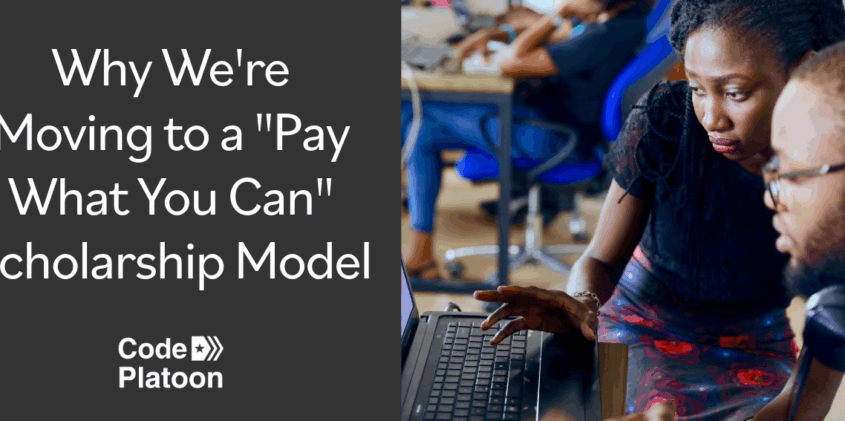
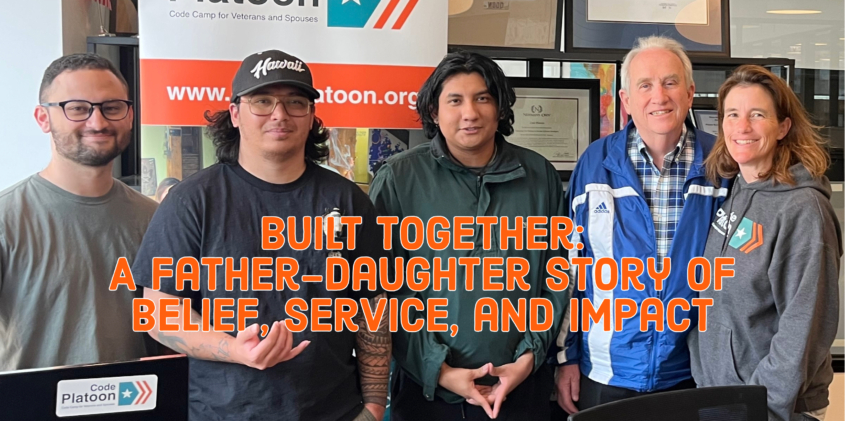
 “I get to see every day how our students grow – technically, professionally, and personally,” Katherine shares. “They come in looking for direction, and they leave with real skills, real confidence, and real jobs. My dad believes in this mission, and I feel proud to help deliver on it.”
“I get to see every day how our students grow – technically, professionally, and personally,” Katherine shares. “They come in looking for direction, and they leave with real skills, real confidence, and real jobs. My dad believes in this mission, and I feel proud to help deliver on it.”
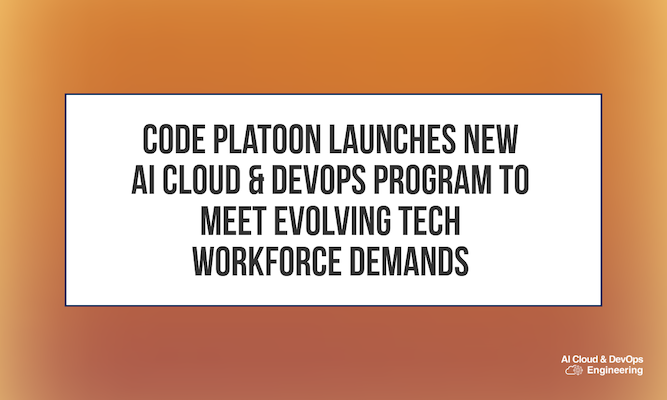
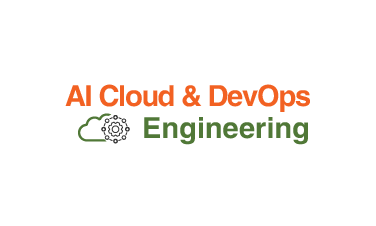 “AI and Cloud are no longer niche—they’re foundational,” said
“AI and Cloud are no longer niche—they’re foundational,” said 
